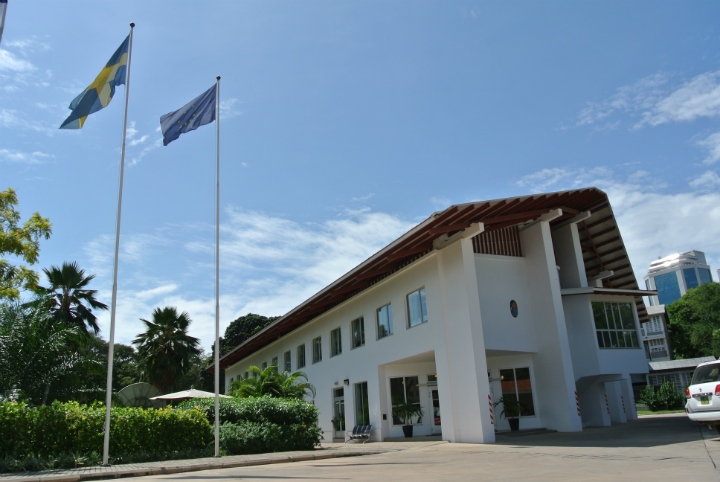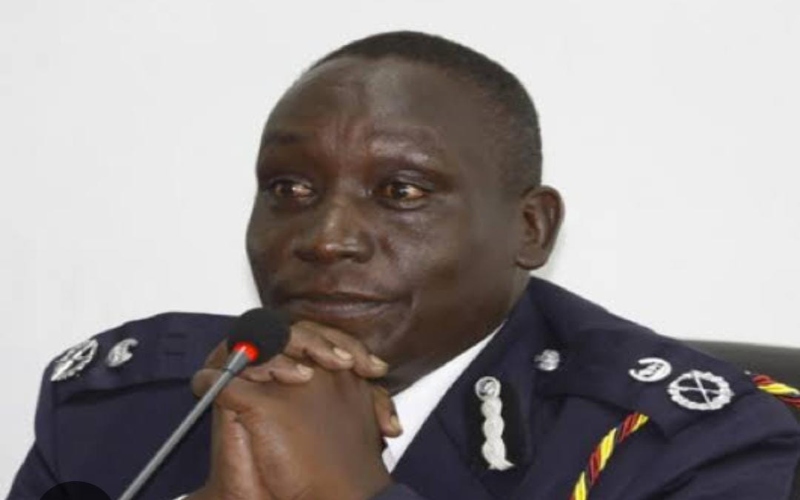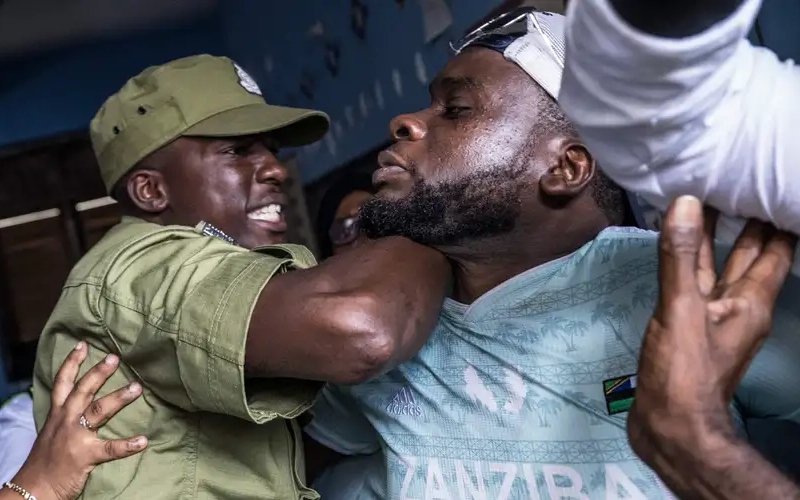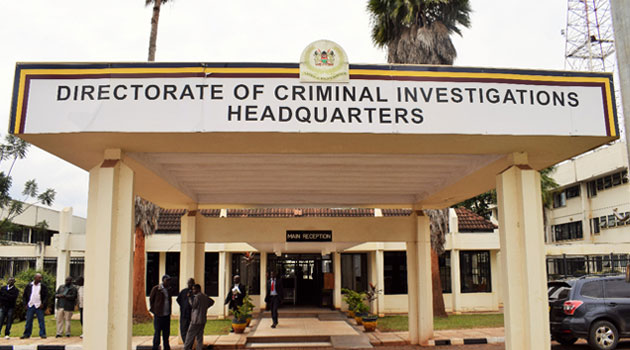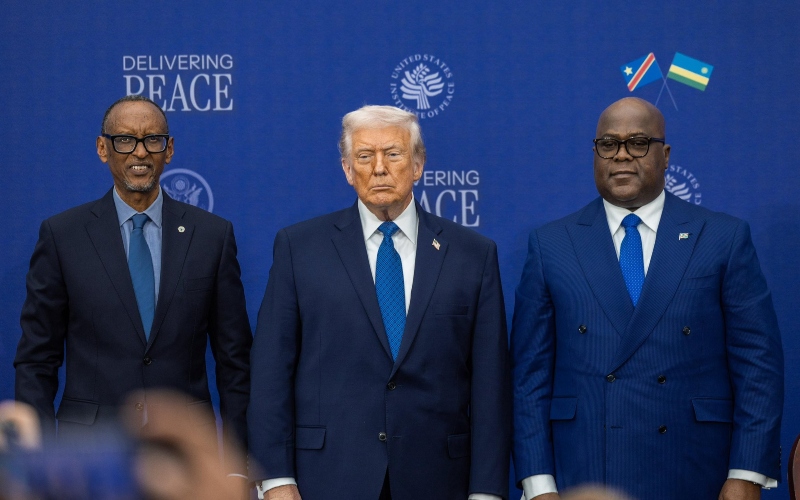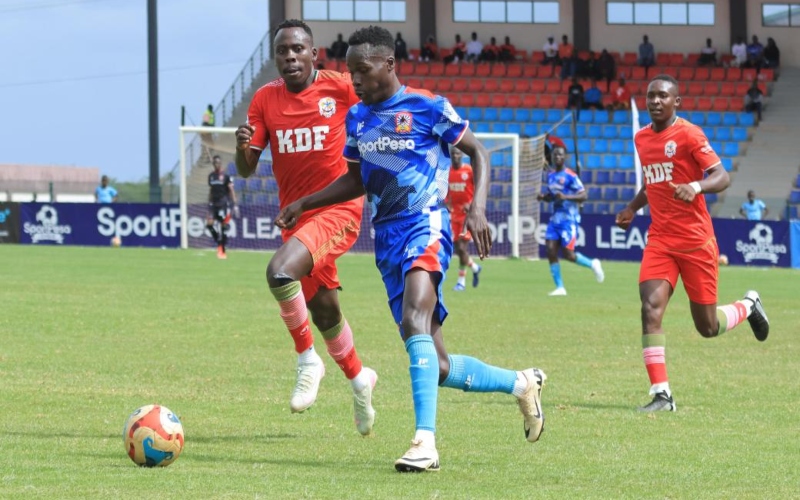UN Security Council extends arms embargo on South Sudan despite opposition
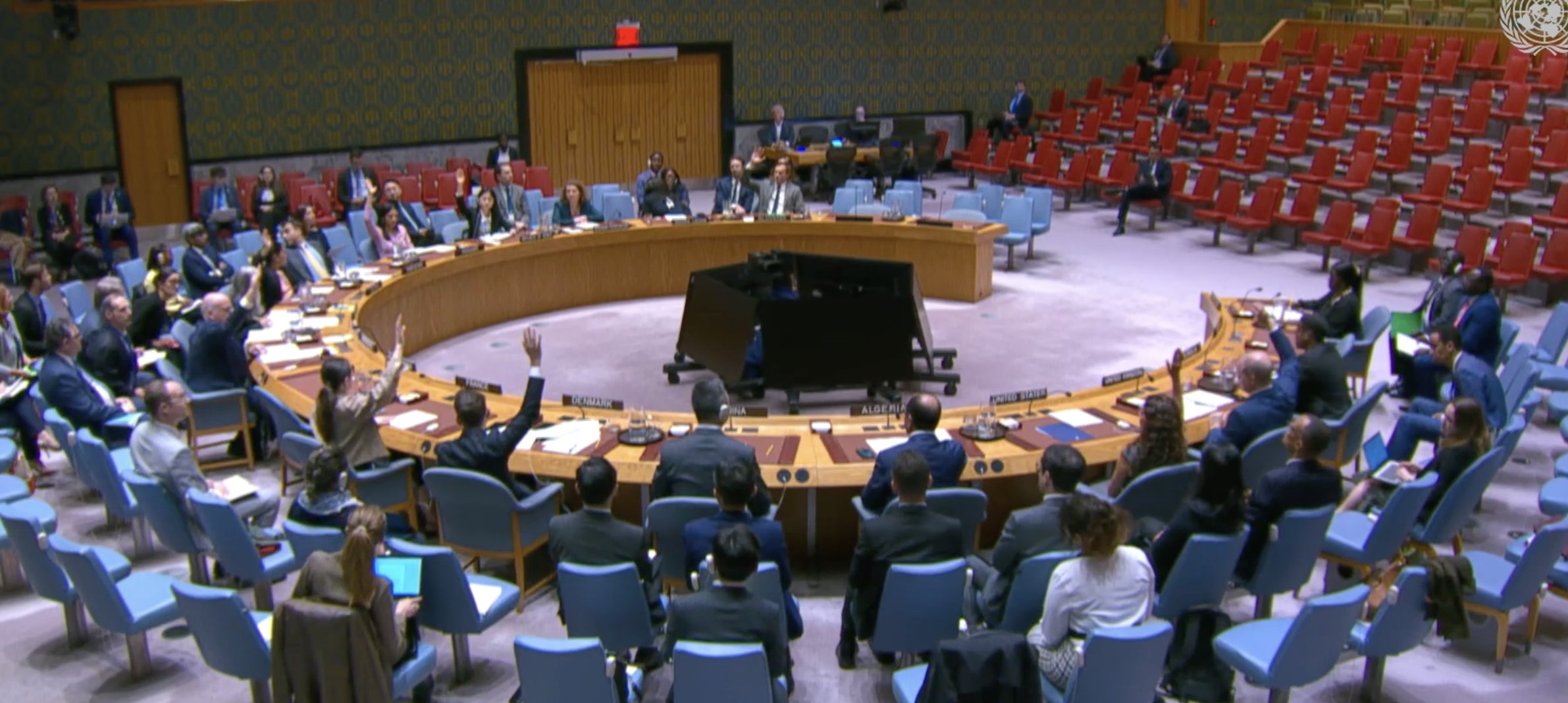
The embargo, first imposed in 2018 following years of ethnic conflict that the UN estimates has claimed nearly 400,000 lives, marks its seventh renewal. It also includes targeted sanctions such as asset freezes and travel bans on individuals.
The United Nations Security Council on Friday voted to extend an arms embargo on South Sudan for another year, defying opposition from Juba and abstentions from several council members, including African states, China, and Russia.
The resolution, sponsored by the United States, passed with nine votes in favour and none against. Six members abstained: China, Russia, Algeria, Somalia, Pakistan, and Sierra Leone.
More To Read
- UN Rights Chief raises alarm over abductions, enforced disappearances in Uganda ahead of elections
- Gunman hijacks aid plane in South Sudan, arrested after safe landing in Wau
- Sexual violence driving mass flight from Sudan to South Sudan: What you need to know
- 1,000 weapon‑wounded patients treated in South Sudan hospitals this year - ICRC
- AU calls for Africa’s permanent seat on UN Security Council
- Why UN’s gradual move back to Khartoum, Sudan is ‘an important step’
The embargo, first imposed in 2018 following years of ethnic conflict that the UN estimates has claimed nearly 400,000 lives, marks its seventh renewal. It also includes targeted sanctions such as asset freezes and travel bans on individuals.
South Sudan's government has consistently opposed the embargo, arguing it hampers efforts to build a unified national army under the terms of the 2018 revitalised peace agreement. Juba maintains that the peace deal is holding, despite renewed fighting between key signatories.
US Representative John Kelley welcomed the renewal, urging South Sudanese leaders to de-escalate political tensions and violence, negotiate in good faith, and restore peace.
"We welcome South Sudan Panel of Experts' mandate, and we welcome the renewal of the arms embargo, travel ban, and asset freeze measures for an additional 12 months. Escalating violence in recent months has brought South Sudan to the brink of civil war," Kelley said.
He further urged the transitional government to "deliver all steps necessary to advance the peace agreement and conclude the transitional period."
China and Russia have repeatedly argued that the situation in South Sudan has stabilised and that President Salva Kiir Mayardit's government should be allowed to manage its security affairs.
Russia's representative criticised the embargo, stating it undermines the implementation of the peace deal and security reforms.
"We cannot agree to a direct link established between the arms embargo and the internal political processes. The issue of easing Security Council sanctions on South Sudan is long overdue," the Russian envoy said, adding that current restrictions "are putting a break on a successful political process as well as complicating deployment and proper equipping of the national armed forces."
South Sudan's ambassador to the UN, Cecilia Adeng, also rejected the measures, arguing that they impede efforts to achieve peace and create security vulnerabilities.
"We believe the outcome is inconsistent with the council's steadfast support for peace benchmarks in South Sudan. The lifting of the sanctions and the arms embargo is not only a matter of national security or sovereignty, but also a matter of economic opportunity and dignity," Adeng said.
"The cost of sanctions is being borne not only by the government, but by ordinary citizens. These measures create barriers to growth, delay developments, discourage foreign investment, and leave the state vulnerable to non-state actors and outlaws," she added.
The embargo restricts weapons sales to both government and opposition forces and is part of a broader sanctions regime.
The renewal follows a March report by the UN Panel of Experts on South Sudan, which highlighted limited progress on the peace agreement and flagged concerns about weapons from the Sudan conflict entering South Sudan.
South Sudan has faced renewed tensions, including President Kiir's recent detention of First Vice President Riek Machar following unrest in Nasir, Upper Nile State.
The conflict there involves the White Army militia, which was allied with the main armed opposition during the 2013-2018 civil war, and the South Sudan People's Defence Forces (SSPDF).
Since gaining independence in 2011, South Sudan has struggled to find stability. The revitalised peace agreement signed in 2018 by Kiir and Machar aimed to end violence and lay the groundwork for elections, originally scheduled for December 2022 but now postponed three times, most recently to December 2026.
The Security Council's resolution extends sanctions until May 31, 2026, while reiterating its willingness to modify or lift the embargo based on progress towards implementing the power-sharing agreement.
Top Stories Today



